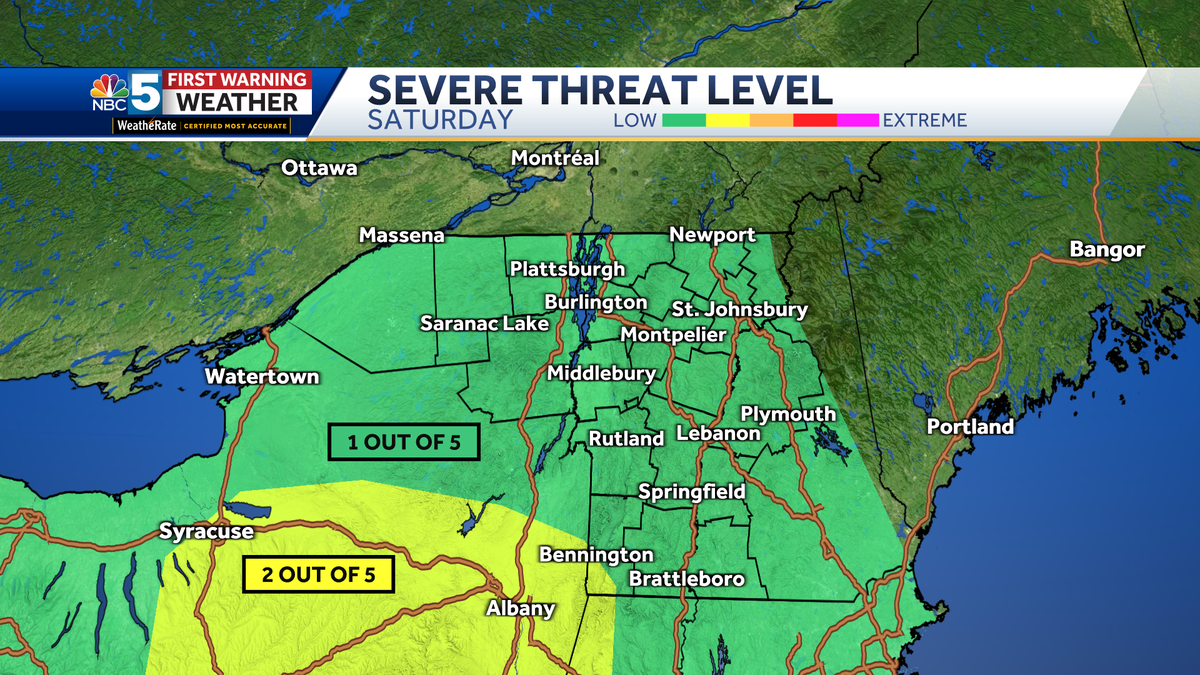Climate Change's Effect On Healthy Pregnancies: A Comprehensive Overview

Welcome to your ultimate source for breaking news, trending updates, and in-depth stories from around the world. Whether it's politics, technology, entertainment, sports, or lifestyle, we bring you real-time updates that keep you informed and ahead of the curve.
Our team works tirelessly to ensure you never miss a moment. From the latest developments in global events to the most talked-about topics on social media, our news platform is designed to deliver accurate and timely information, all in one place.
Stay in the know and join thousands of readers who trust us for reliable, up-to-date content. Explore our expertly curated articles and dive deeper into the stories that matter to you. Visit Best Website now and be part of the conversation. Don't miss out on the headlines that shape our world!
Table of Contents
Climate Change's Effect on Healthy Pregnancies: A Comprehensive Overview
Climate change is no longer a distant threat; its impacts are being felt globally, and its effects extend far beyond rising sea levels and extreme weather events. A growing body of scientific evidence reveals a deeply concerning link between climate change and pregnancy outcomes, jeopardizing the health of both mothers and their unborn children. This comprehensive overview explores the multifaceted ways in which a warming planet is affecting healthy pregnancies.
The Heat is On: Rising Temperatures and Pregnancy Risks
Extreme heat is a significant concern. Studies show a correlation between high temperatures and increased risks of:
- Preterm birth: Exposure to extreme heat during pregnancy can trigger premature labor, leading to significant health complications for newborns.
- Low birth weight: Heat stress can restrict fetal growth, resulting in babies born with low birth weight, increasing their vulnerability to various health issues.
- Birth defects: Some research suggests a link between high temperatures and an increased risk of certain birth defects, although more research is needed to solidify these findings.
These risks are amplified for vulnerable populations, including those in low-income communities often lacking access to adequate cooling and healthcare resources. This creates a significant health disparity exacerbated by climate change.
Air Pollution: An Invisible Threat to Fetal Development
Climate change worsens air quality, leading to increased levels of pollutants like particulate matter and ozone. Inhaling these pollutants during pregnancy can have detrimental effects:
- Respiratory problems: Exposure to poor air quality can increase the risk of respiratory problems in both the mother and the baby.
- Preeclampsia: Studies suggest a link between air pollution and preeclampsia, a dangerous pregnancy complication characterized by high blood pressure.
- Reduced fetal growth: Air pollution can negatively impact fetal development, leading to lower birth weights and potential long-term health consequences.
The World Health Organization (WHO) highlights the serious health implications of air pollution, emphasizing the need for stricter regulations and proactive measures to mitigate its effects. [Link to WHO Air Quality Guidelines]
Infectious Diseases: A Climate Change Multiplier
A changing climate creates ideal conditions for the spread of infectious diseases. Vector-borne illnesses, such as Zika and dengue fever, thrive in warmer temperatures, posing significant risks during pregnancy. These infections can lead to:
- Fetal abnormalities: Infections like Zika virus are known to cause severe birth defects, including microcephaly.
- Miscarriage: Some infectious diseases can increase the risk of miscarriage and other pregnancy complications.
- Preterm delivery: Infections can trigger preterm labor and delivery.
Mental Health Impacts: The Stress of Climate Change
The anxiety and stress associated with climate change—from extreme weather events to economic instability—can also negatively impact pregnancy outcomes. Chronic stress during pregnancy is linked to:
- Preterm birth: Elevated stress hormones can increase the risk of premature delivery.
- Low birth weight: Stress can restrict fetal growth, leading to lower birth weights.
- Postpartum depression: The added stress of climate change can exacerbate postpartum depression, impacting both mother and child well-being.
What Can We Do? Protecting Pregnancies in a Changing Climate
Addressing climate change's impact on pregnancy requires a multi-pronged approach:
- Mitigation efforts: Reducing greenhouse gas emissions is crucial to slowing the pace of climate change. This requires global cooperation and individual action.
- Adaptation strategies: Developing strategies to adapt to the unavoidable effects of climate change, such as improved infrastructure to withstand extreme weather and enhanced healthcare systems, is essential.
- Increased awareness: Raising public awareness about the connection between climate change and pregnancy health is vital to promote preventative measures and support for vulnerable populations.
- Policy changes: Implementing policies that promote clean energy, reduce air pollution, and protect vulnerable communities is crucial.
Protecting the health of pregnant women and their babies requires urgent action to address climate change. The future of generations depends on our collective response to this critical challenge. Let's work together to create a healthier planet for all.

Thank you for visiting our website, your trusted source for the latest updates and in-depth coverage on Climate Change's Effect On Healthy Pregnancies: A Comprehensive Overview. We're committed to keeping you informed with timely and accurate information to meet your curiosity and needs.
If you have any questions, suggestions, or feedback, we'd love to hear from you. Your insights are valuable to us and help us improve to serve you better. Feel free to reach out through our contact page.
Don't forget to bookmark our website and check back regularly for the latest headlines and trending topics. See you next time, and thank you for being part of our growing community!
Featured Posts
-
 Significant Shifts How Trump Is Changing Us Ai Chip Export Regulations
May 16, 2025
Significant Shifts How Trump Is Changing Us Ai Chip Export Regulations
May 16, 2025 -
 The Easiest Cheesy Pasta Recipe From Comedian Matteo Lane
May 16, 2025
The Easiest Cheesy Pasta Recipe From Comedian Matteo Lane
May 16, 2025 -
 Thursday Storm Threat Heavy Rain Forecast For Parts Of Vermont And New York
May 16, 2025
Thursday Storm Threat Heavy Rain Forecast For Parts Of Vermont And New York
May 16, 2025 -
 Sigue El Minuto A Minuto Osasuna Atletico De Madrid La Liga Ea Sports
May 16, 2025
Sigue El Minuto A Minuto Osasuna Atletico De Madrid La Liga Ea Sports
May 16, 2025 -
 First Impressions Sony Wh 1000 Xm 6 Wireless Headphones
May 16, 2025
First Impressions Sony Wh 1000 Xm 6 Wireless Headphones
May 16, 2025
